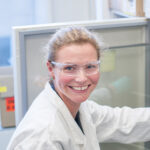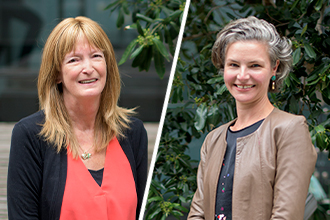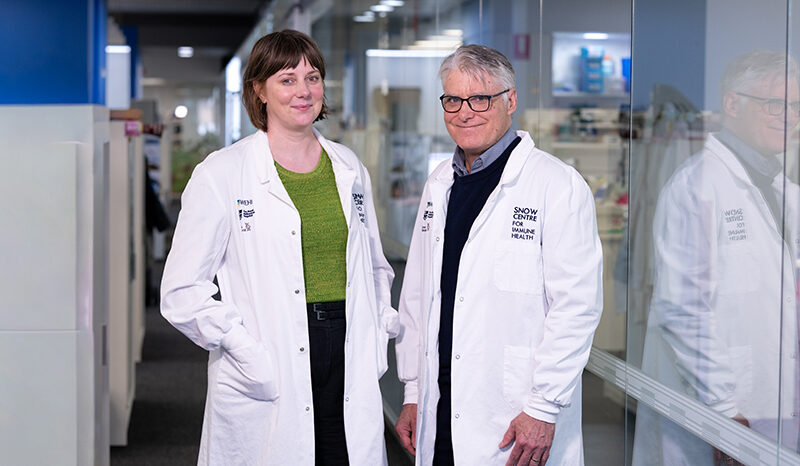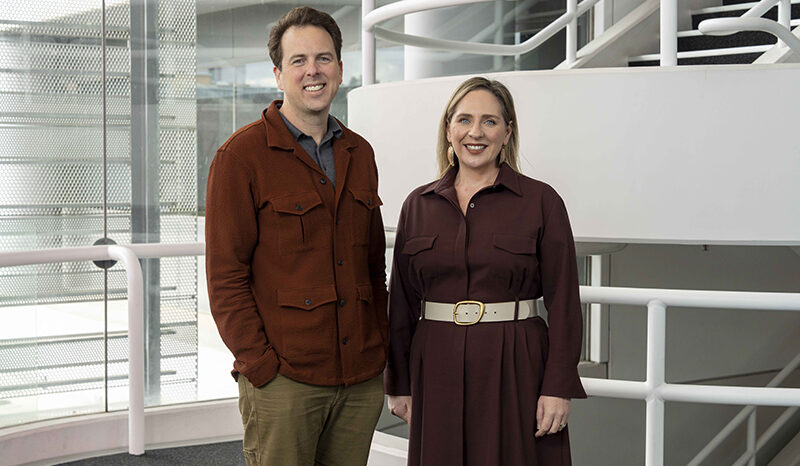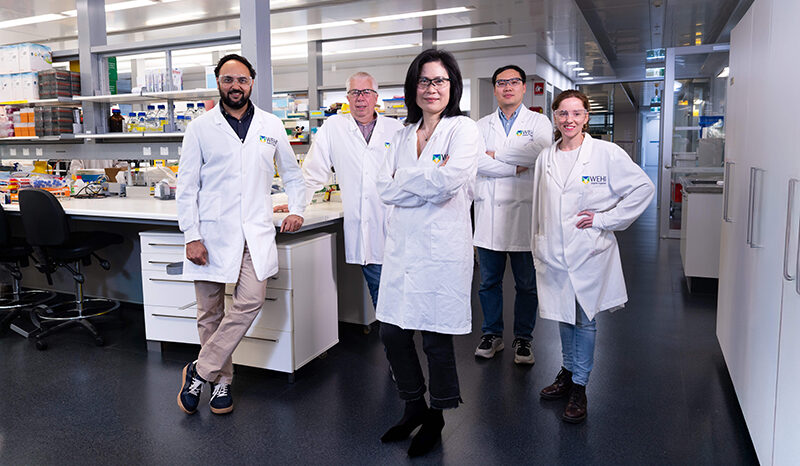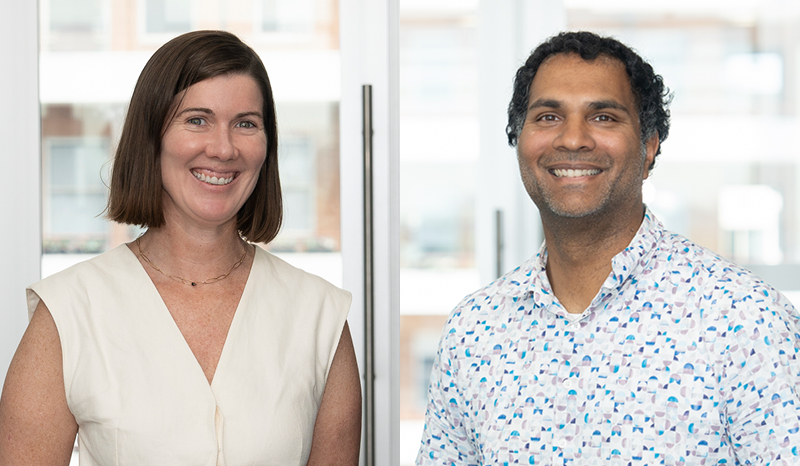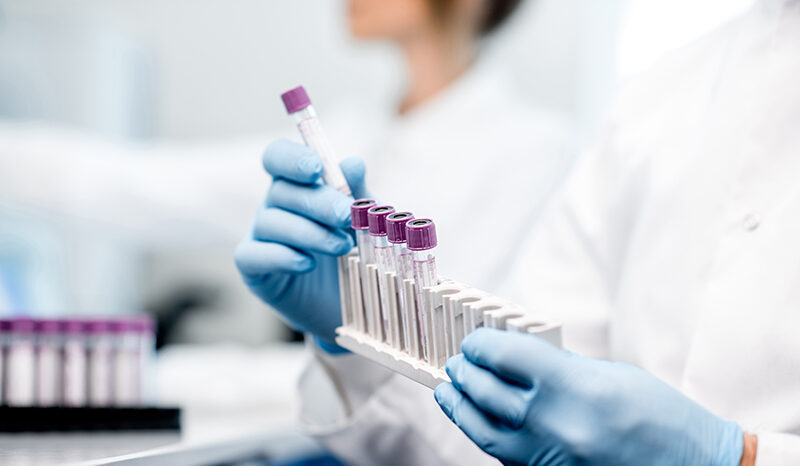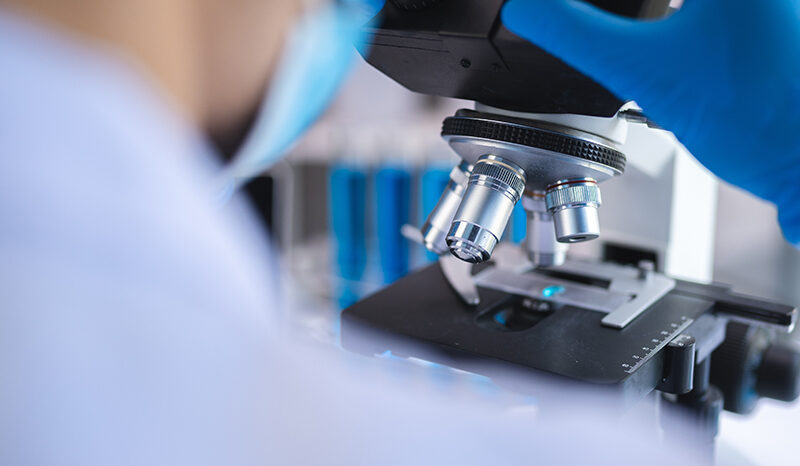Cynthia has a condition called common variable immune deficiency, or CVID, a disorder that impairs the immune system. People with the condition are more susceptible to infection and can develop autoimmune and inflammatory diseases. Meeting Cynthia at the clinic, and others like her, made me want to learn more about what caused the condition.
I recruited Cynthia to our research study at WEHI in 2014. I was curious to find out why some patients with CVID developed more severe disease, while others did not. I had a strong suspicion Cynthia’s condition was genetic. Her mother also had CVID and, upon further investigation of her family history, we found that many of her mother’s relatives in the Netherlands also had the condition.
Through our research at WEHI, we discovered that Cynthia’s condition was caused by a mutation in the NFKB1 gene. Pinpointing the exact cause of her condition and being able to explain that to her family was rewarding. We screened her four children to see if they had inherited the mutated NFKB1 gene and learned that only one of her children, her daughter, had inherited the gene. Cynthia’s five-year-old granddaughter also had the mutated gene.
Working with Cynthia and her family has taught me a lot about the types of conditions gene mutations can cause. The information about the mutated NFKB1 gene and the ability to screen for it will help people to make better informed choices about their life, knowing that they have an increased risk of infection and other issues.
Having a relationship with Cynthia has spurred me on to find answers that might be beneficial for her treatment or for her children and grandchildren. When you have a personal relationship with your patients, you can’t help going that extra mile for them.


